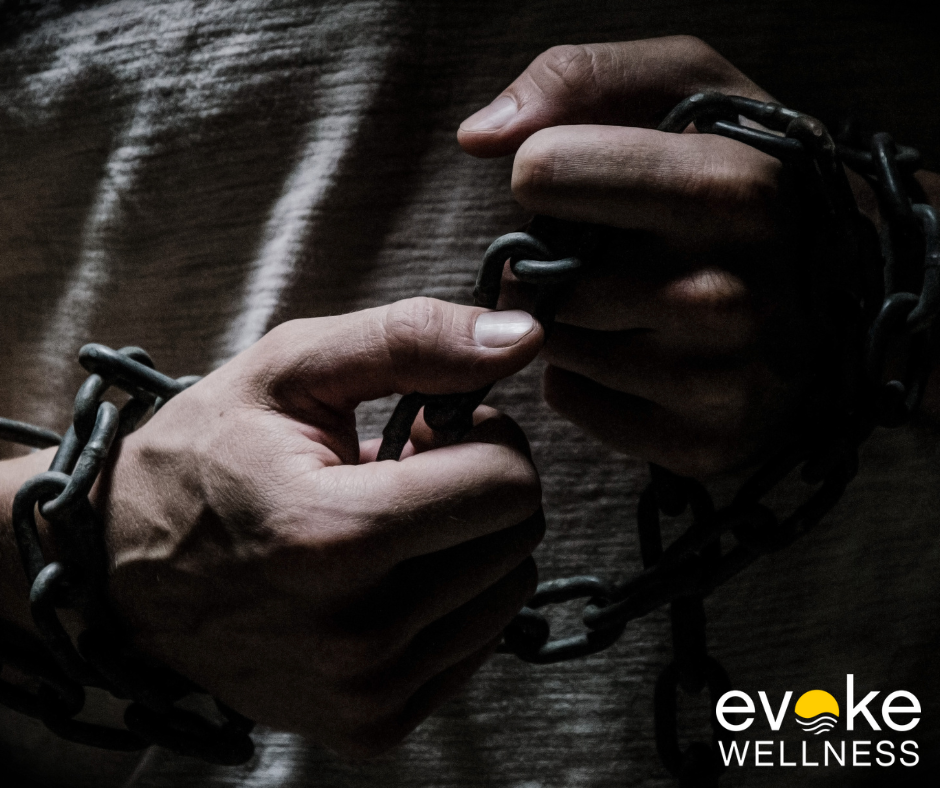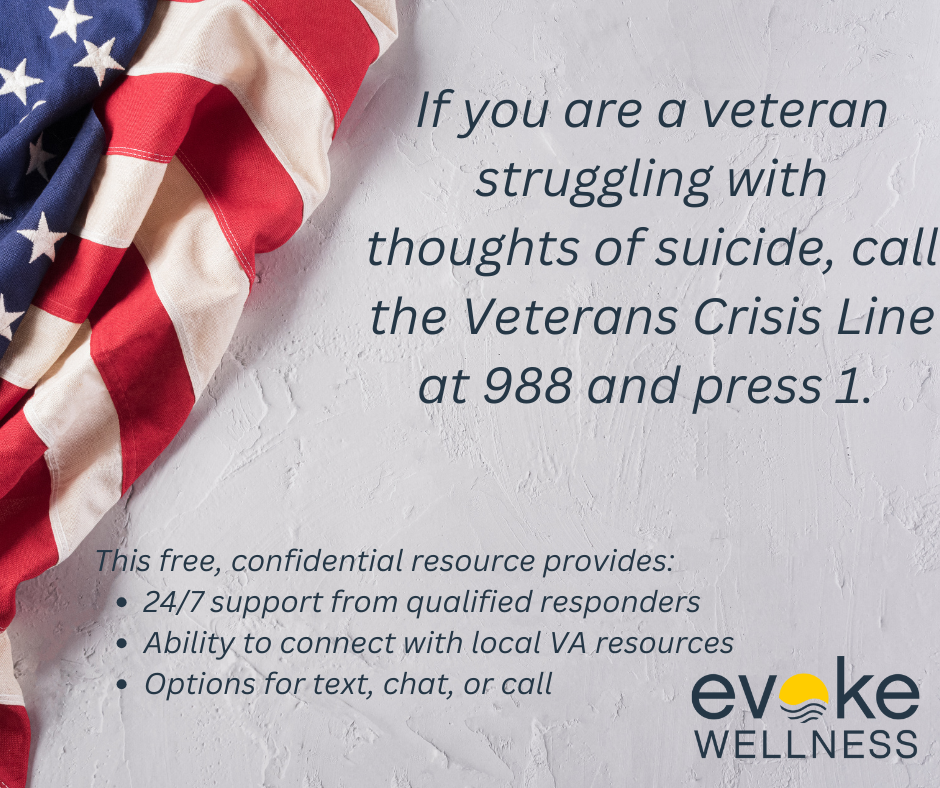Embarking on the journey of addiction recovery takes immense courage and strength. But what happens when you experience a setback? A relapse can feel devastating, leaving you questioning your progress and resolve. However, it’s crucial to remember that recovery is not a linear path. Setbacks are common and don’t erase the hard work you’ve already put in. By taking the right steps after a relapse, you can regain your footing and continue moving forward on your recovery journey. This article will guide you through the essential actions to take following a setback, helping you recommit to your sobriety goals and emerge stronger than before.
Call us at (866)429-2960 today or reach out online.
What does having a relapse mean?
A relapse refers to the return to substance use after a period of abstinence. It’s a temporary setback, not a failure. Relapsing doesn’t erase your previous progress or mean you can’t get sober again.
Relapse is part of recovery
For many, relapse is an expected part of overcoming addiction. It provides crucial lessons about triggers and coping mechanisms. With the right mindset and support, you can get back on track.
Take action quickly
If you relapse, act quickly to minimize the impacts. Reach out to your support system, re-engage with treatment, and recommit to your recovery plan. The sooner you address it, the better.
Why does relapse happen?
Relapse is a common challenge in addiction recovery. Despite your best efforts, the path is rarely linear.
Triggers & Cravings
Certain people, places or emotions can trigger intense cravings for the addictive substance. Cravings make relapse more likely if not managed properly.
Lack of Support
Without a strong support system, it becomes harder to stay motivated and accountable during tough times. Isolation increases relapse risk.
Untreated Mental Health Issues
Many struggle with co-occurring mental health disorders like depression or anxiety. If left unaddressed, these can derail recovery efforts.
The key is being prepared. With the right relapse prevention plan and support, you can get back on track after a setback. Staying vigilant about potential triggers is crucial.
Overdose risk during relapse
Your tolerance drops during recovery. If you relapse and use the same amount as before, it significantly increases overdose risk.
Lowered Tolerance
During sobriety, your body’s tolerance for the substance decreases. Using the same dose as before recovery can easily lead to an accidental overdose.
Using Alone
Using alone removes any chance of getting emergency help if an overdose occurs. Always have a sober friend present when relapsing to monitor your condition.
Preventing relapse long term
With commitment and preparation, you can reduce relapse risks long-term. Prevention requires vigilance.
Lifestyle Changes
- Build a sober support network of friends and family. Their encouragement is invaluable.
- Adopt healthy habits like exercise, meditation, and nutritious meals. A balanced lifestyle strengthens recovery.
- Manage triggers by avoiding high-risk situations. Change routines if needed.
Ongoing Treatment
- Continue attending counseling, support groups, or therapy. Professional guidance is key.
- Comply with any prescribed medications. Follow dosage precisely.
- Be honest with your treatment team. Discuss cravings or struggles openly.
Self-Care
Prioritize self-care activities that reduce stress and promote well-being. Practice relaxation techniques daily. With commitment, you can maintain your hard-won sobriety.
Additional strategies for those at-risk
Support Network
Surround yourself with a strong support system of loved ones. They can provide encouragement and accountability during vulnerable moments. Consider joining a support group as well.
Trigger Avoidance
Identify and avoid people, places, or situations that may trigger cravings or a relapse. Remove any remaining drugs or paraphernalia from your environment.
Healthy Coping Mechanisms
Find positive outlets to cope with stress, such as exercise, meditation, or creative hobbies. Replace unhealthy habits with activities that promote your well-being.
Get help from Veterans Crisis Line
If you are a veteran struggling with thoughts of suicide, call the Veterans Crisis Line at 988 and press 1. This free, confidential resource provides:
- 24/7 support from qualified responders
- Ability to connect with local VA resources
- Options for text, chat, or call
Don’t go through this alone. The Veterans Crisis Line can guide you through challenging times and connect you to the care you need and deserve.
FAQs on Relapse in Drug Addiction Recovery
Why do relapses occur?
Relapse is a common part of the recovery journey. It can stem from stress, triggering environments, or the challenging nature of overcoming an addiction. The key is learning from setbacks and staying dedicated to your long-term sobriety.
How can I prevent future relapses?
- Identify high-risk situations and have a plan to manage cravings
- Build a strong support system of loved ones
- Attend counseling or support group meetings regularly
- Practice self-care through healthy habits
- Be patient and positive – recovery is an ongoing process
I’ve relapsed multiple times. What now?
Don’t lose hope. Every attempt strengthens your commitment. Reflect on what led to relapse so you can adjust your strategy. Consider exploring new treatment options or intensifying your current program. The path is rarely linear, but perseverance pays off.
Conclusion
As you navigate the challenging journey of addiction recovery, remember that relapse doesn’t define you. It’s a temporary setback, not a failure. By following the steps outlined in this article, you can regain control and recommit to your sobriety:
- Reach out for support
- Analyze your triggers
- Adjust your recovery plan
- Practice self-compassion
- Refocus on your goals
Your strength and resilience will carry you through this difficult time. Stay connected to your support network, be kind to yourself, and take it one day at a time. With perseverance and the right tools, you can overcome this obstacle and continue on your path to lasting recovery. You’ve got this – keep moving forward.
Begin Your Journey with Evoke Wellness
If you or a loved one is considering treatment, Evoke Wellness invites you to contact us. Our compassionate team is ready to answer your questions, discuss your needs, and help you take the first steps toward recovery. At Evoke Wellness, you will find more than just a treatment program – you’ll discover a community dedicated to your wellness and success. Together, let’s embrace the journey to recovery and the promise of a new beginning. Call us at (866)429-2960 today or reach out online.



